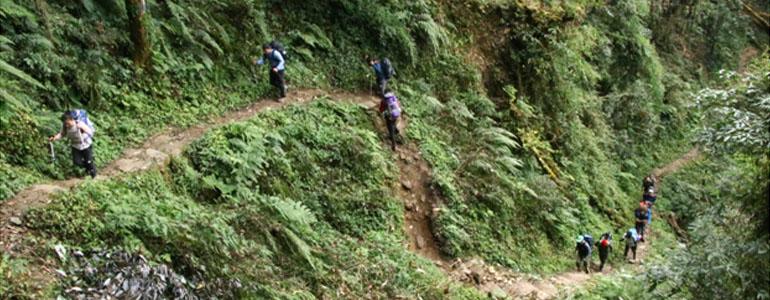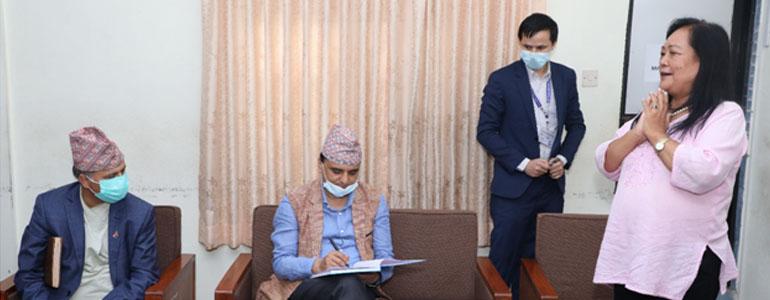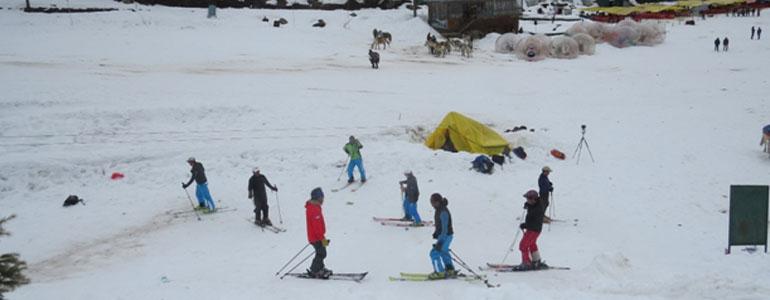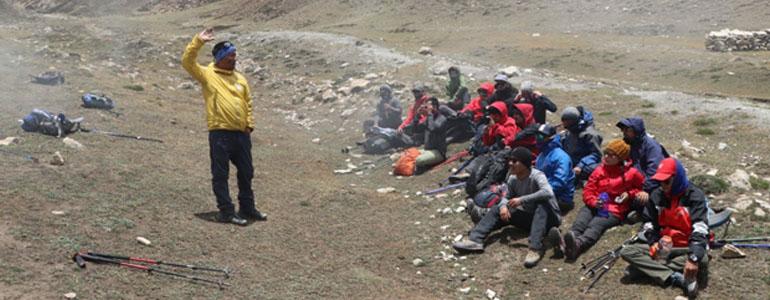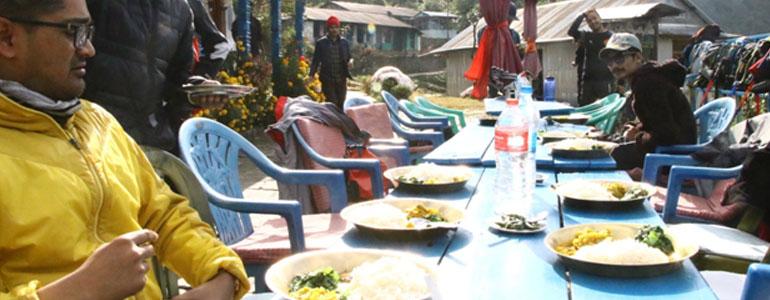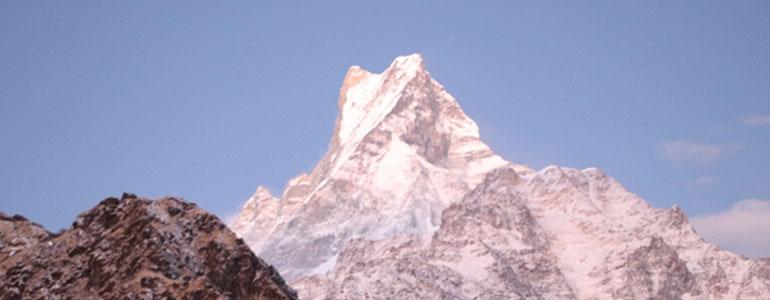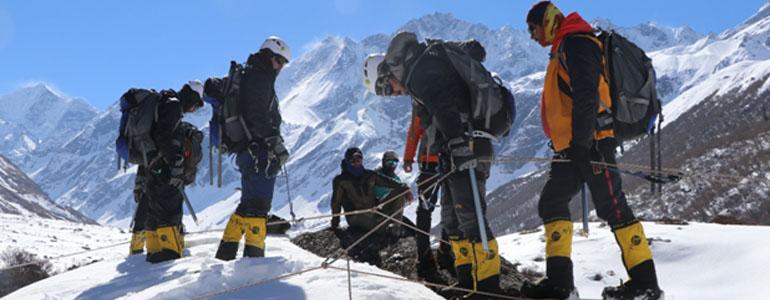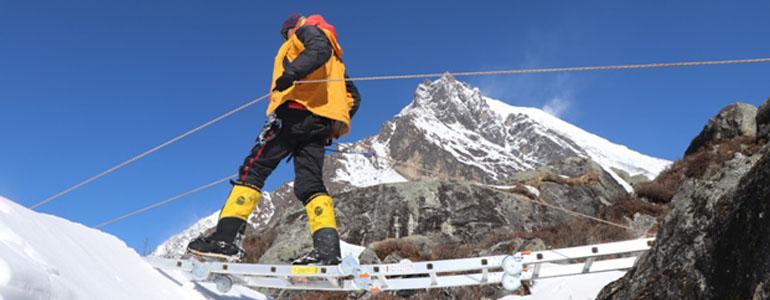Nepalese people are friendly and hospitable by nature, and the tourist will have no difficulty adjusting. One may be confused regarding some customs, traditions, and manners regarding any unfamiliar society. Like any other country, Nepal has its ways of regulating life, though it might be different in degrees to each visitor. We were hoping that the visitors could observe and see how the Nepalese people live and share that with them. We offer travellers some practical guidelines that could help make your stay here delightful, homely, and rewarding in this spirit.
The Religious way of life
Religion is an integral and deep-rooted part of Nepali life. Temples, images, sacred paintings are to be seen everywhere. Nepal has been declared a religious-secular state, though Hinduism is followed by nearly 80% of the population. Buddhism also has a prominent place. Hinduism and Buddhism are so closely connected in Nepal that it would take a lifetime's study to understand the country's religious life complexities. All deities are worshipped by Hindus and Buddhists alike, and feasts and festivals are shared. For centuries both have mutual regard and respect for one another's tradition. The following are some hints regarding religious matters.
Visitors to a Hindu temple or a Buddhist shrine are expected to be shoeless as a mark of respect. A pair of open sandals is more convenient while visiting the temples and stupas.
- It is better not to touch offerings or persons when they are on the way to shrines.
- Beef is prohibited among both the Hindus and Buddhists. No female animal is killed for food.
- You may not be allowed entry to the inner sanctuaries of temples and stupas.
- You may be interested in taking snaps of temples, stupas, and monuments. Generally, temples, stupas, and monuments are permitted to be photographed, but it is better to have permission before using your cameras.
Social Outlooks:
Since most of our people live in rural areas, they have an outlook of simple and traditional life. They take delight in the company of foreign visitors. But certain things are alien or embarrassing to the Nepalese people. Here then are a few things to keep in mind.
It is best to be decently clad when visiting any place. Sun and beachwear are not ideal when roaming around the city or village. Briefs, shorts, bare shoulders and backs may not be appreciated. You need not be stiff and overdressed, but just comfortably and decently covered.
Do not take seriously if a Nepali lady hesitates to shake hands with you. In Nepal, people, especially the ladies, rarely shake hands when they greet one another but press the palms together in a prayer-like gesture known as "Namaste."
Public displays of affection between men and women are frowned upon. Please do not do something alien to our environment.
We are hard on drug abuse, trafficking in, and drug possession is taken as serious offences.
Beggars:
Cheap charity breeds beggars but does not solve their fundamental problem. Therefore, do not encourage beggary by being benevolent.
Currency:
Non-Indian visitors may not import or export Indian currency. Foreign currency is to be exchanged with authorized foreign exchange dealers or at official bank exchange counters only.
Some other Important Hints:
- Beware of touts who claim to be representatives of companies and offer to take you bargain hunting.
- Use hotel safety boxes for your valuables. Do not leave cash and other valuable things lying around in the room.
- Table manners in Nepal differ from those at home. In typical and traditional Nepali houses, plates, knives, forks, and spoons may be absent from the dinner table. While eating, Nepalese people use their right hand, but this does not mean that the guests cannot use forks, knives, and spoons.
- Any food or utensil touched by the used knife or spoon or fingers, or my lips or into which spittle has fallen is considered "Jutho," which means contaminated. It would humiliate a person if such food were offered to him. Nor should the dish containing such food be used again without its being correctly washed.
- If you want to give a present to your host or hostess, please do not be surprised if they lay it said unopened. In Nepal, opening a parcel in the guests' presence is not supposed to be a reasonable manner.



